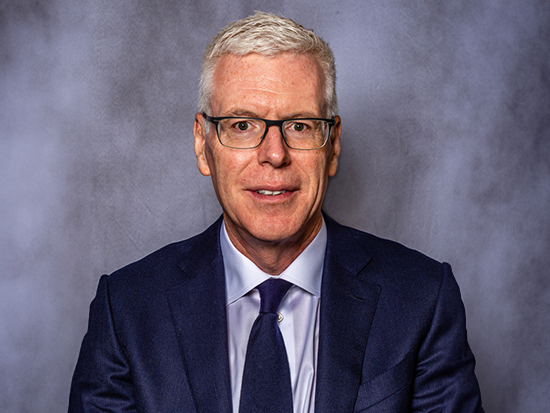 Mark Harrigan, M.D., professor in the University of Alabama at Birmingham Department of Neurosurgery, recently collaborated with the Seattle Science Foundation to deliver a comprehensive lecture on blunt cerebrovascular injury (BCVI).
Mark Harrigan, M.D., professor in the University of Alabama at Birmingham Department of Neurosurgery, recently collaborated with the Seattle Science Foundation to deliver a comprehensive lecture on blunt cerebrovascular injury (BCVI).
Harrigan, an expert in cerebrovascular diseases and neuroendovascular techniques, shared his extensive knowledge and research on BCVI. During the lecture, Harrigan provided an overview of BCVI and explored the challenges and advancements in diagnosing and managing this condition.
UAB is in the heart of the Stroke Belt, a region in the southeastern United States known for its high incidence of stroke and other cerebrovascular diseases. This geographic context has driven Harrigan’s commitment to advancing research and treatment for stroke and related conditions, making his work particularly impactful.
Harrigan's own interest in BCVI began in 2007 when a unique brainstem stroke case from another center was presented at the Jacobs Institute Meeting Services Neurosurgery at Jackson Hole conference.
In his lecture, Harrigan highlighted the historical context of BCVI research and his collaborative efforts with trauma surgeons and stroke providers, both in and outside of UAB, to improve understanding and treatment. Harrigan also presented research findings on stroke patterns in BCVI patients, noting that the majority of strokes occur within 72 hours of injury. He discussed the importance of early detection and the use of screening methods such as neck computed tomography angiography (CTA), to identify at-risk patients.
Harrigan shared insights on the “universal screening protocol” adopted at UAB, which has led to improved management of BCVI in trauma patients. He also addressed disparities in BCVI management across different centers and the need for greater collaboration between the trauma surgery and neuroscience communities.
The full lecture is available for viewing on the Seattle Science Foundation's YouTube channel.